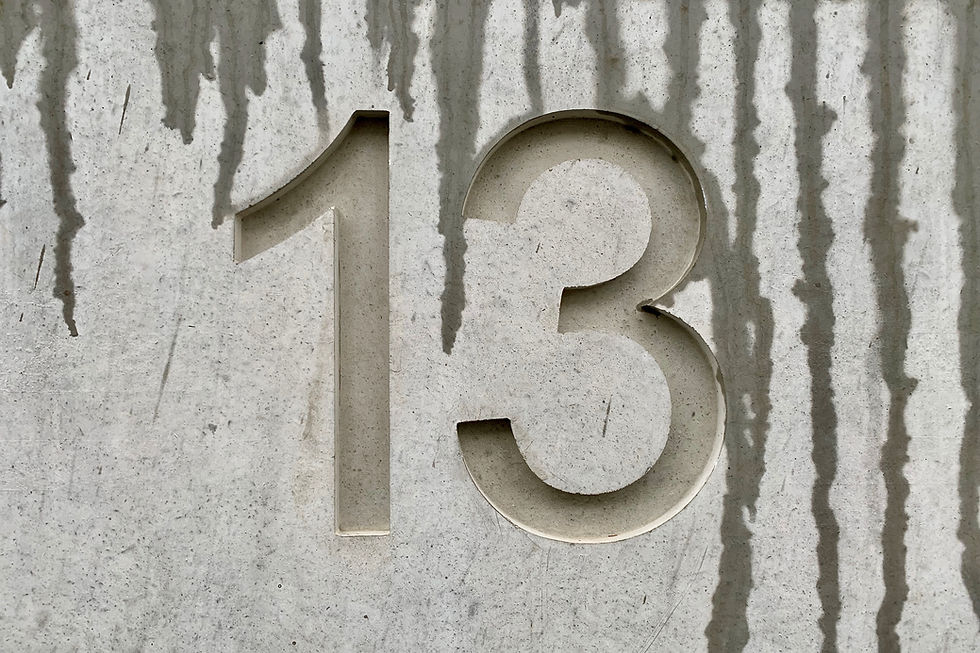Superstitions can be quite playful and fun sometimes, but are there also occasions where you've let superstition stand in the way of something? Folklore and superstition have been a part of human culture for centuries and are often rooted in myths, have been passed down through generations of storytelling.
From a coaching perspective, I'm interested in how we can re-frame a superstition in a similar way that we can challenge a limiting belief. Is it real? Do we have evidence? Is it restricting us? How would it be if we didn't believe it?

Why We Have Superstitions:
Superstitions are usually irrational beliefs or practices that arise from a desire to control or influence things that seem uncontrollable. It's human nature to want to be able to explain or predict what is happening, rather than putting it down to chance.
These beliefs can manifest in various forms, from avoiding certain actions or objects, to performing specific rituals for good luck. Sometimes superstitions can be very positive ritualistic practices which re-enforce positive thinking and healthy habits - as long as we feel empowered by them rather than limited (if someone can't leave the house without their lucky charm, this could add more stress than good.)
I also think that some superstitions are rooted in common sense! Breaking mirrors and walking under ladders just seem like generally dangerous ideas, and you can see why 'old wives tales' would have advised children against doing either of them. In other cases, we can see how the wild, natural world has been 'demonised' by societies that were trying to live apart from nature.
Reframing Superstitions
Reframing superstitions involves looking at these beliefs through a different lens. In each case, it's useful to know that we can look at our thoughts and analyse them as if from afar:
Where does this belief come from?

Does it have evidence behind it?
Is it helping or hindering?
What would life be like without it?
For example, many superstitions were made up to control people through creating fear. This isn't something that we have to hold onto any longer.
I'm buying a house this week that is number 13, and a good friend of mine has her birthday on the 13th, so I loved it when she shared a post about reclaiming the number. Some traditions see the number thirteen as a symbol of the divine feminine, powerful energy from creative healing women of the past. Of course, this has also been subverted into accusations of witchcraft and 'unluckiness' by the people who didn't understand or felt threatened by it. This is just one example of questioning where a story or belief has come from, and which version we want to embrace.
Choosing Beliefs
A lot of coaching can be like this too, and one of my favourite phrases is 'you can find evidence for whatever you choose to believe.' We each have a huge amount of choice over the patterns and stories we replay in our minds every day, and so it's worth being selective about them.
If someone tells themselves they are always unlucky, they are much more likely to notice and struggle with all the challenges around them. If someone believes that things are always going to work out well, it helps with patience and grace when they're in the middle of a plan they don't understand!
So the next time you encounter a superstition, consider exploring the deeper layers of meaning and significance, and know that you get to choose whether to keep it or not...
